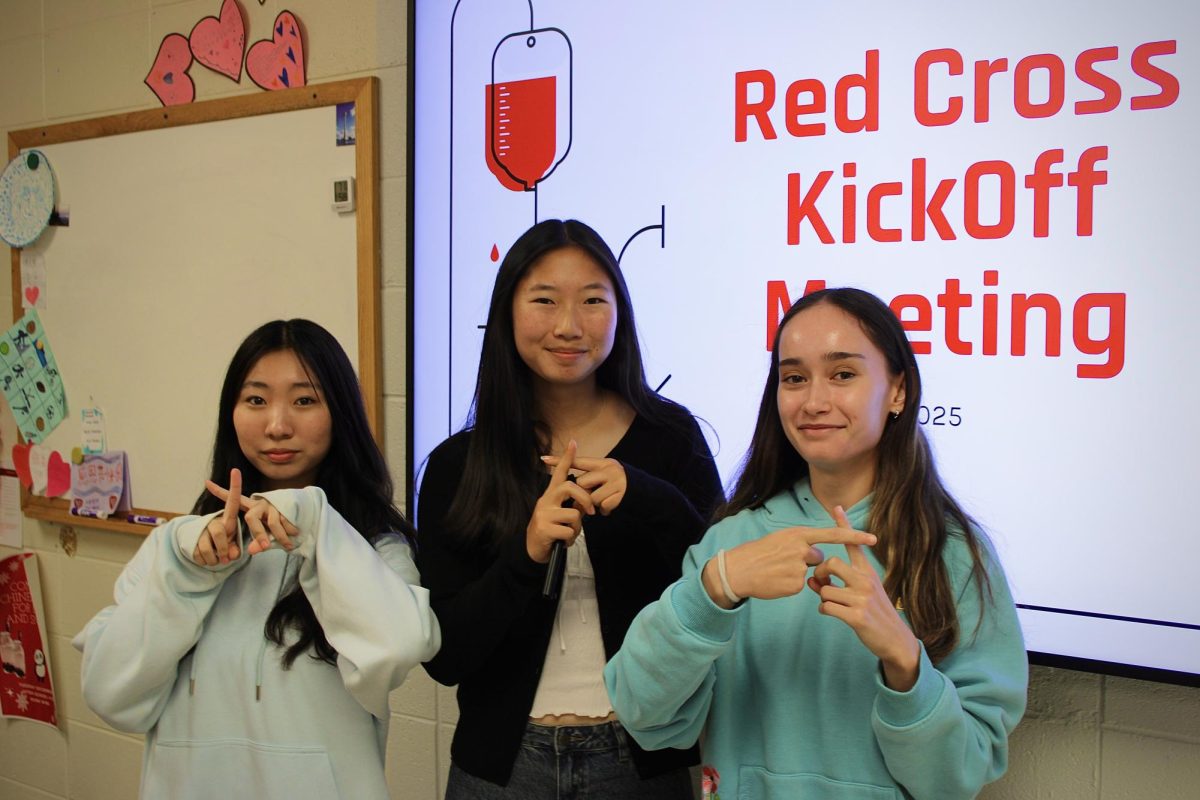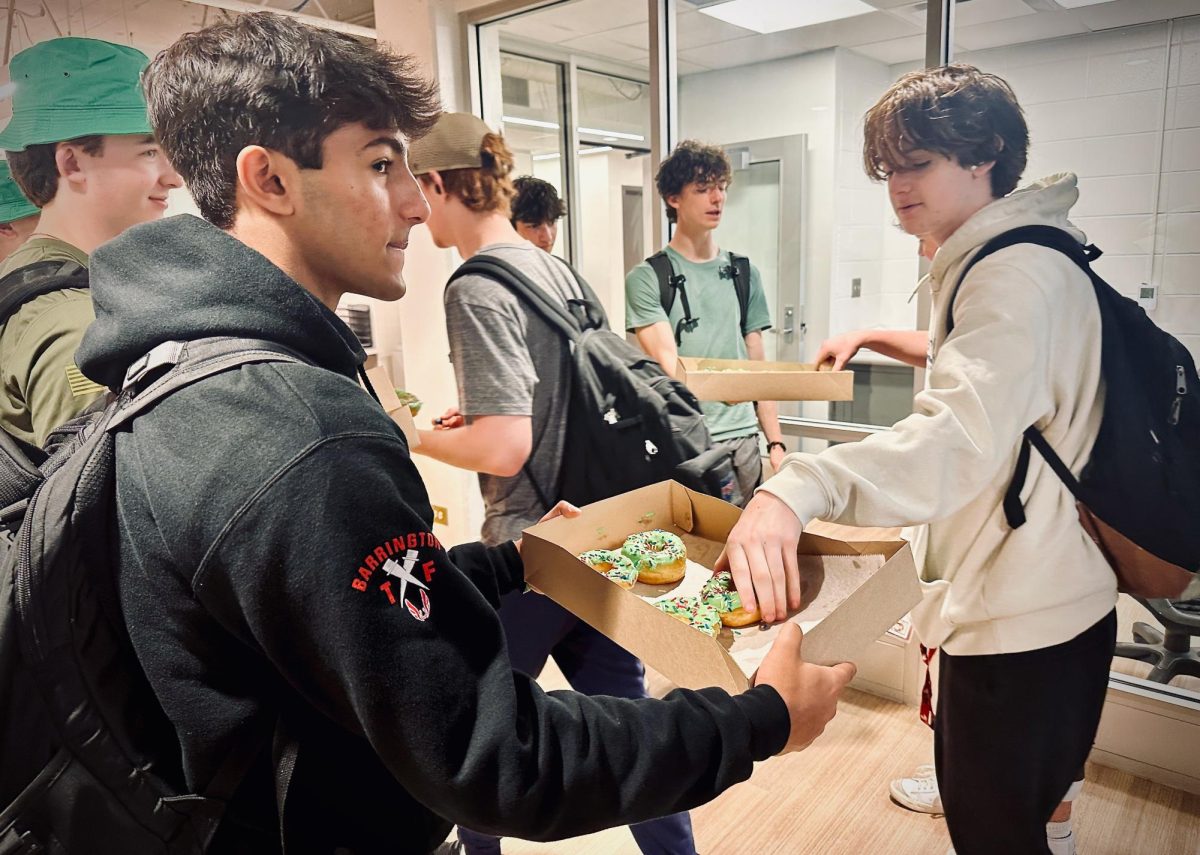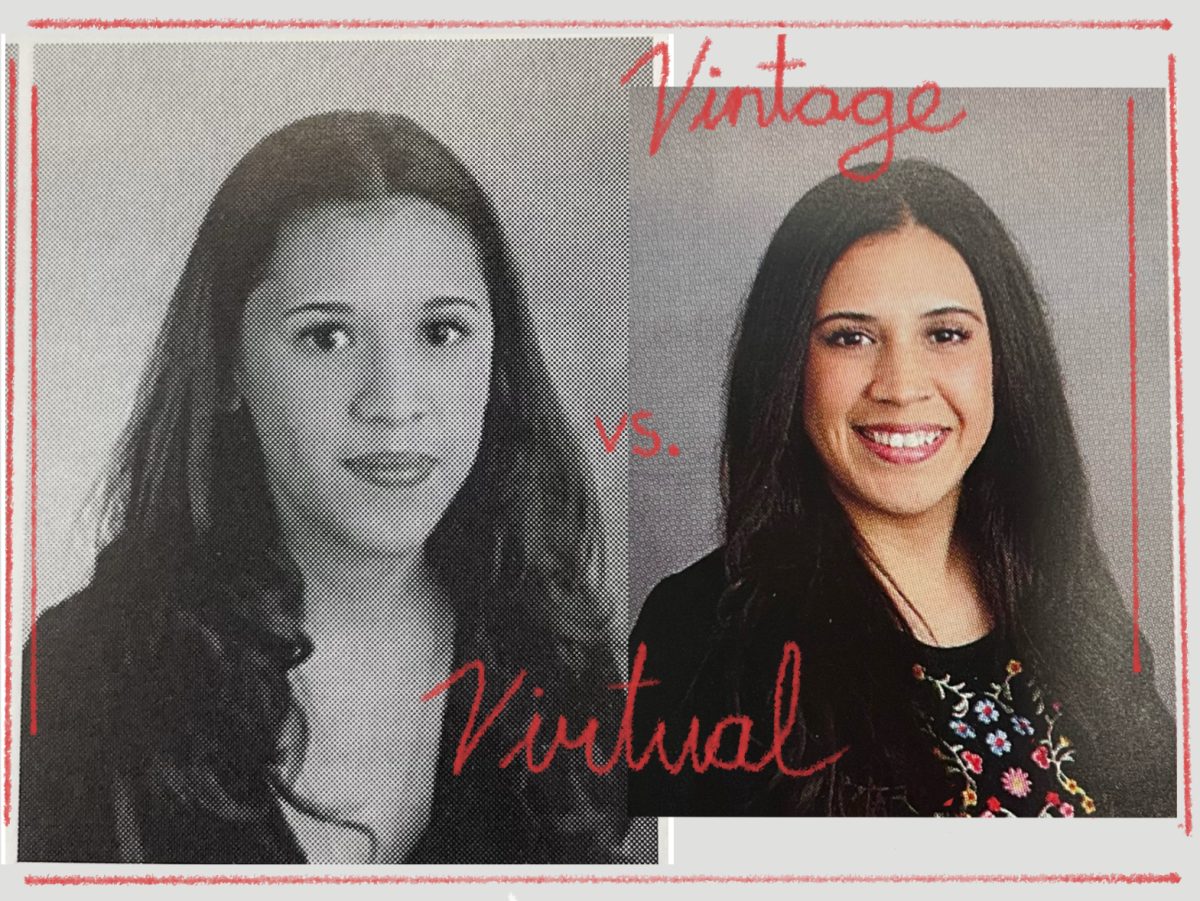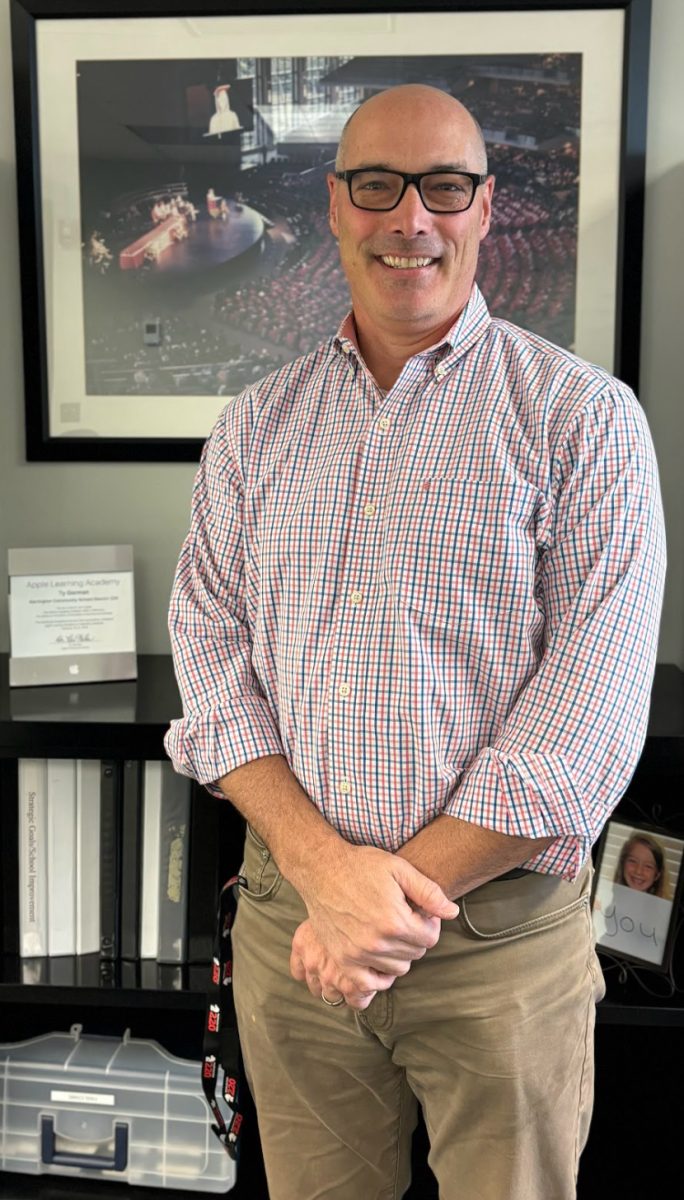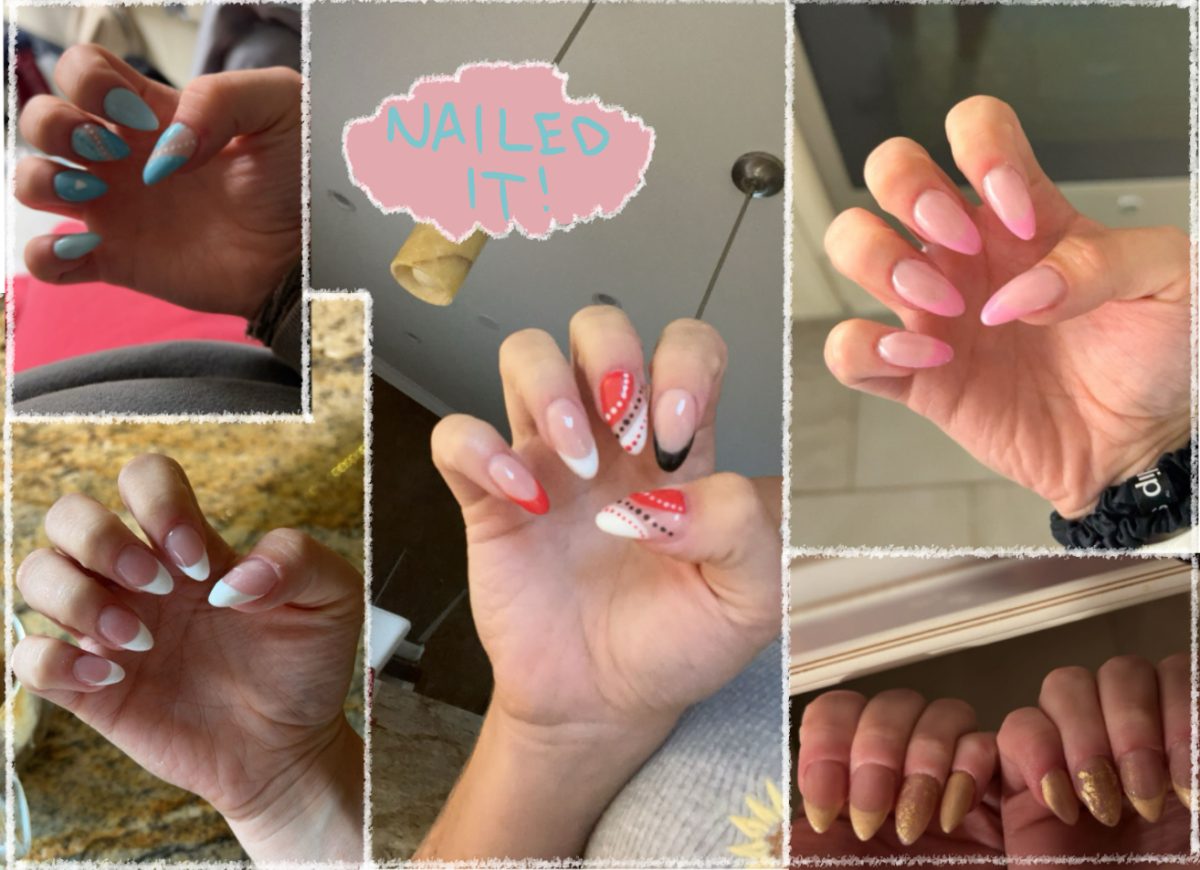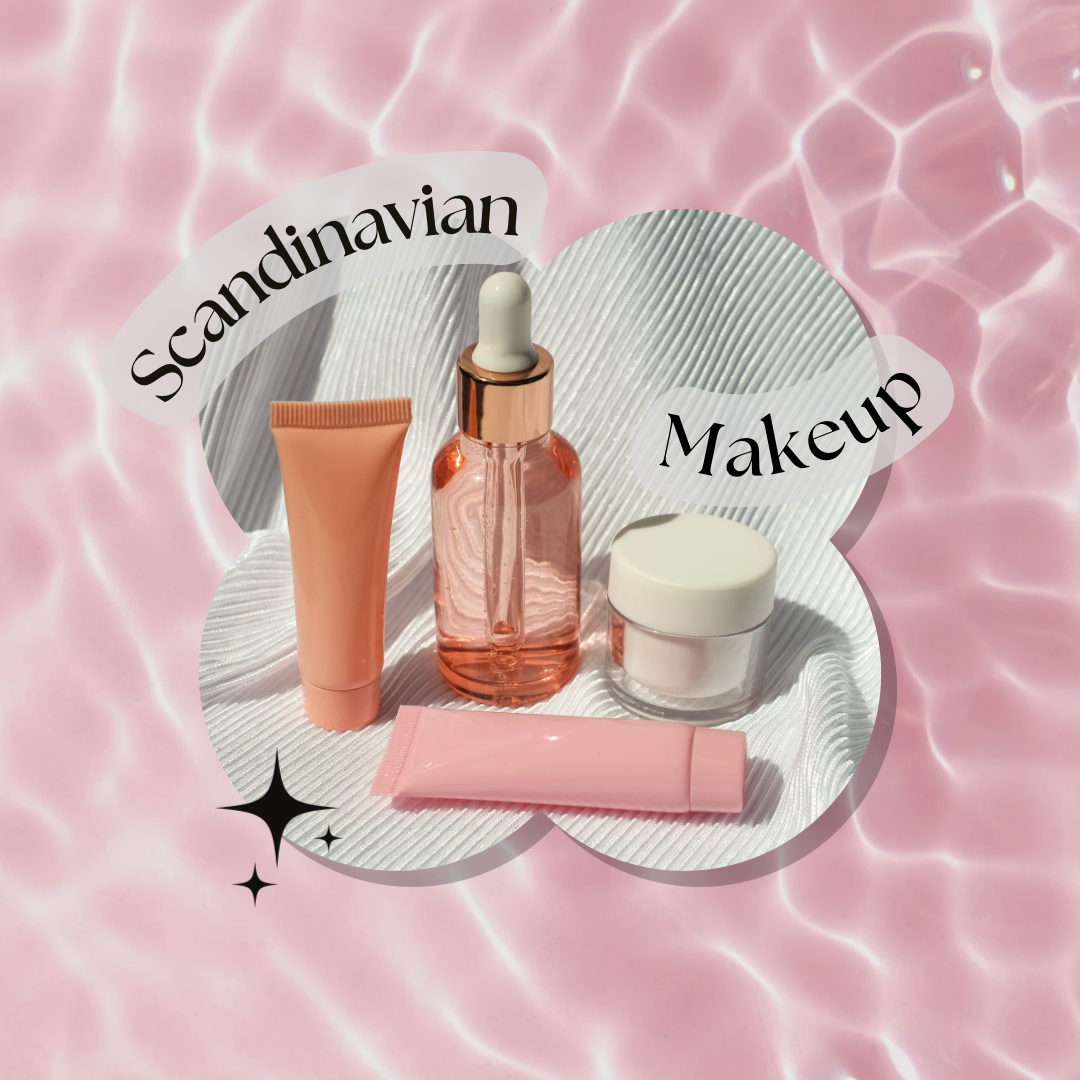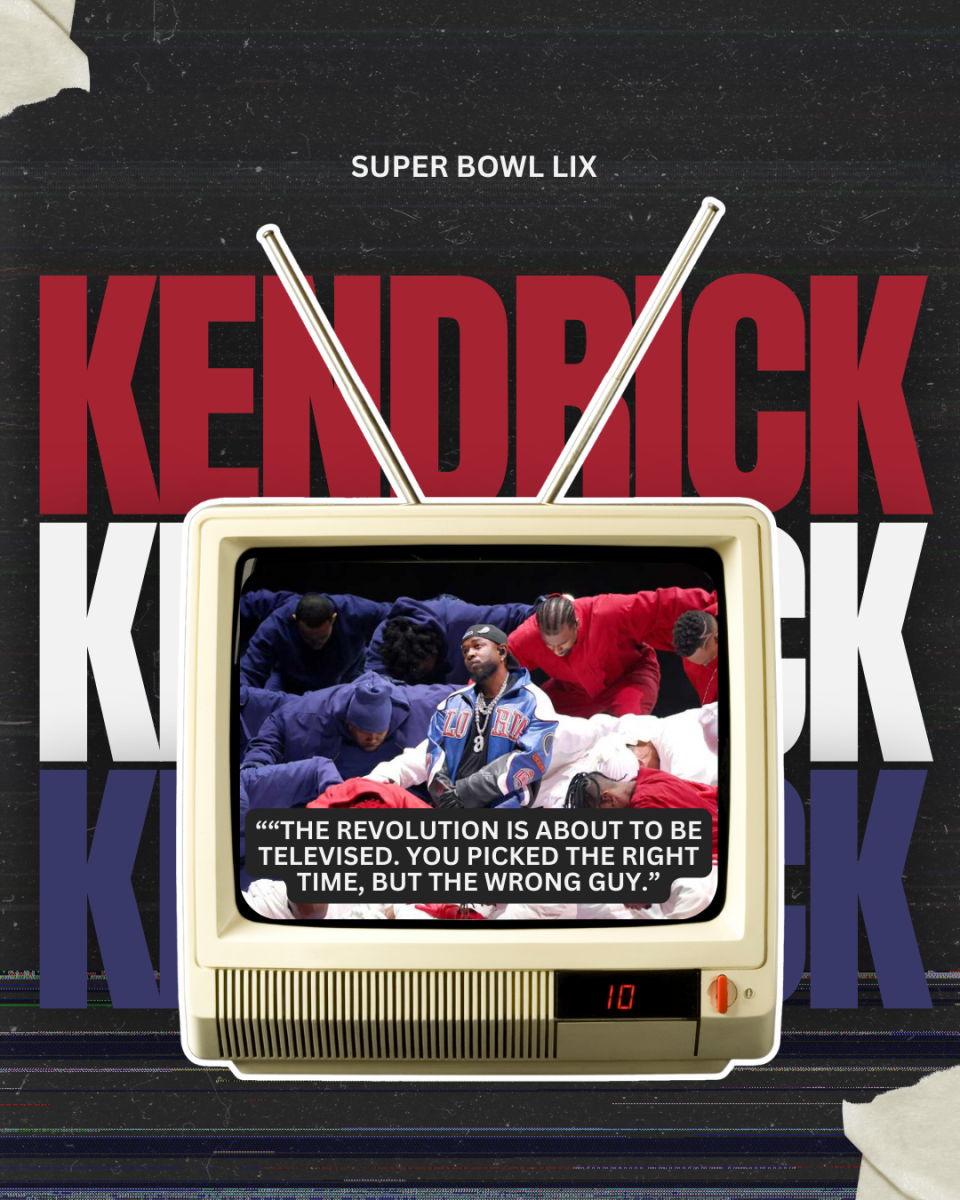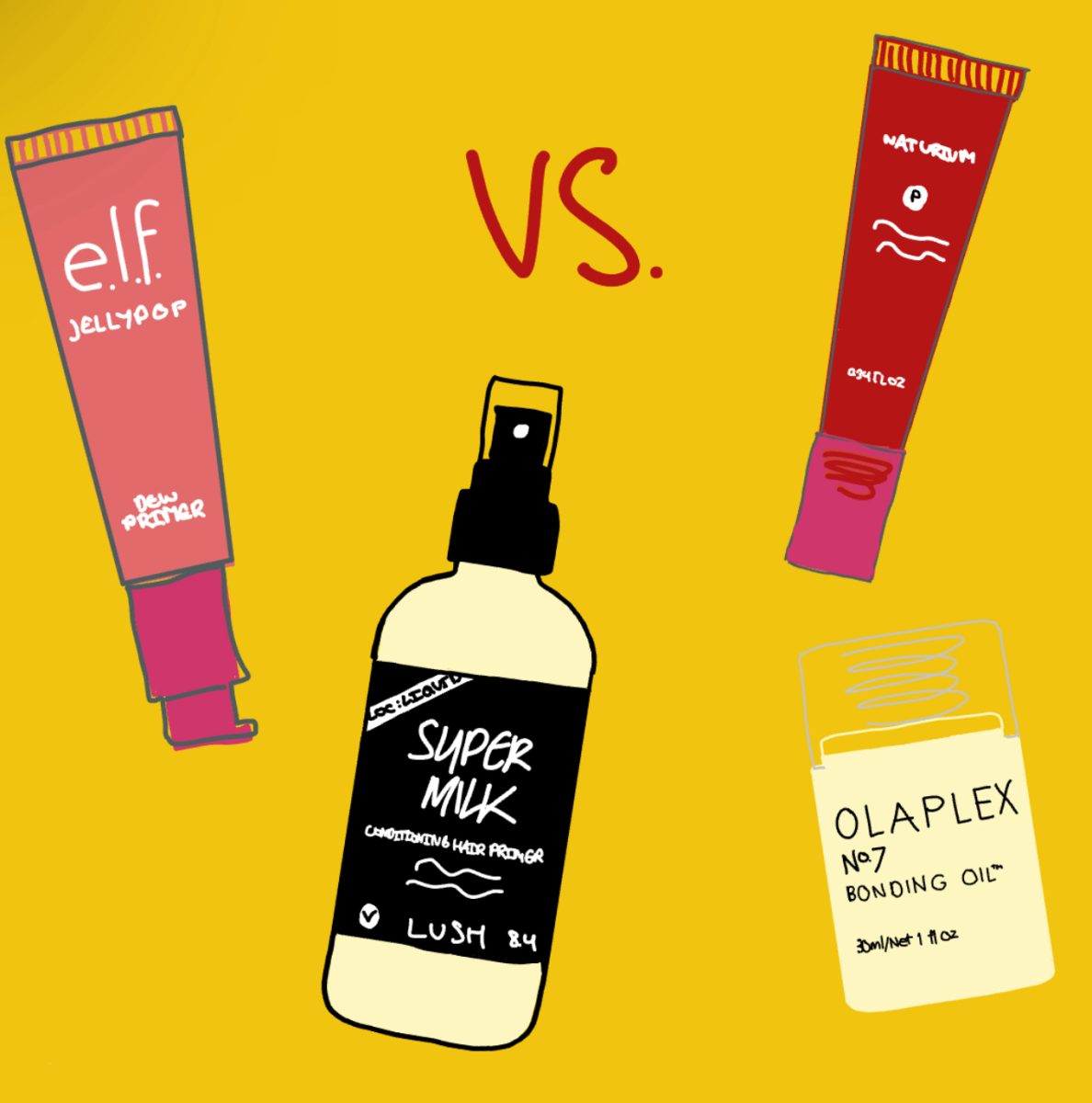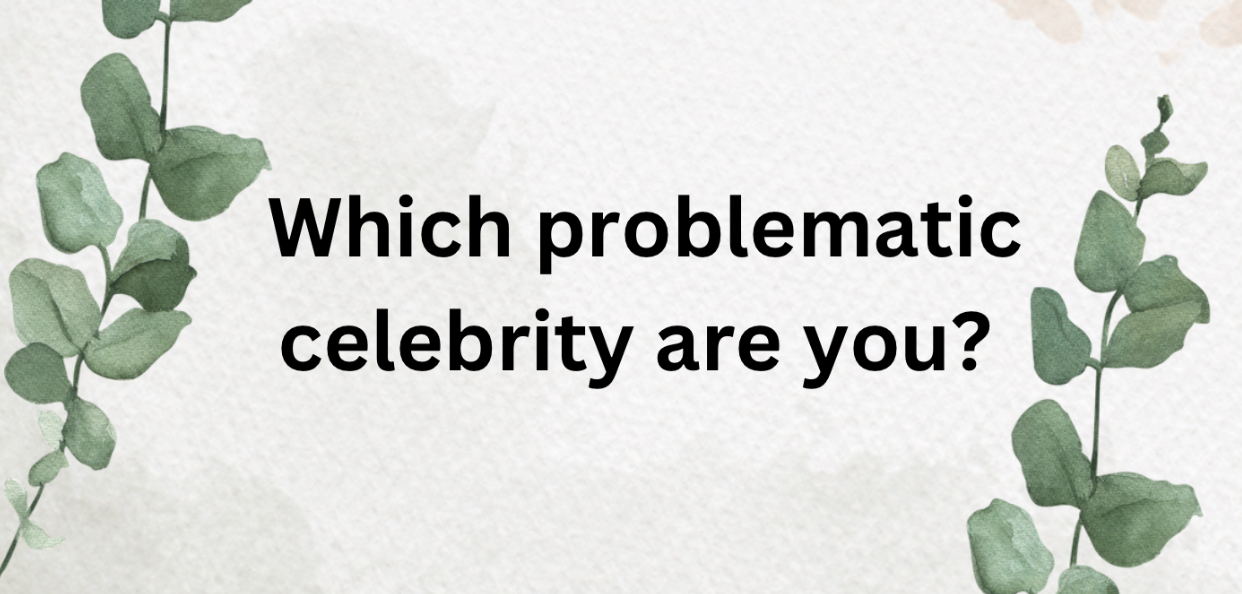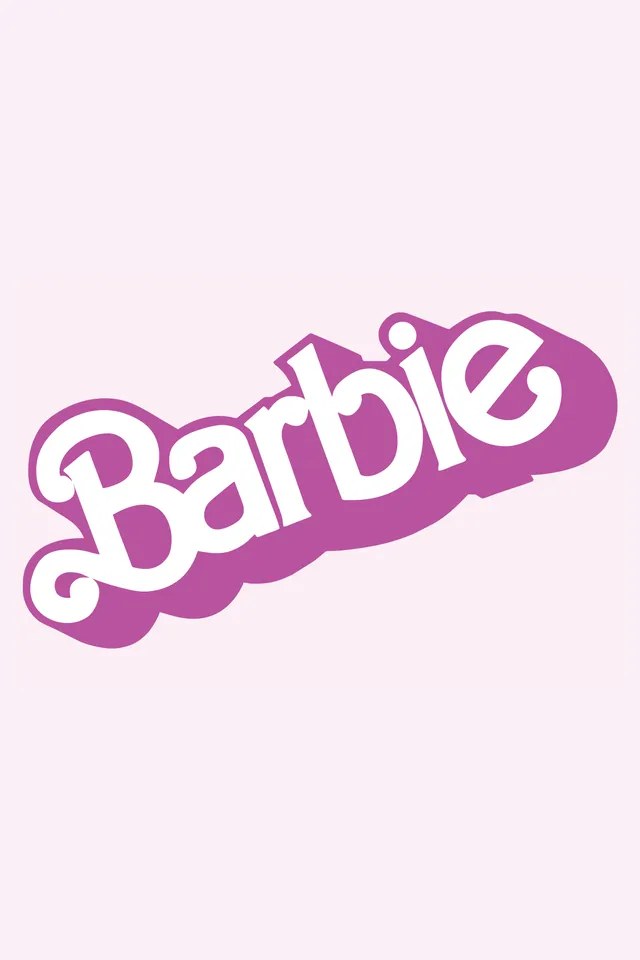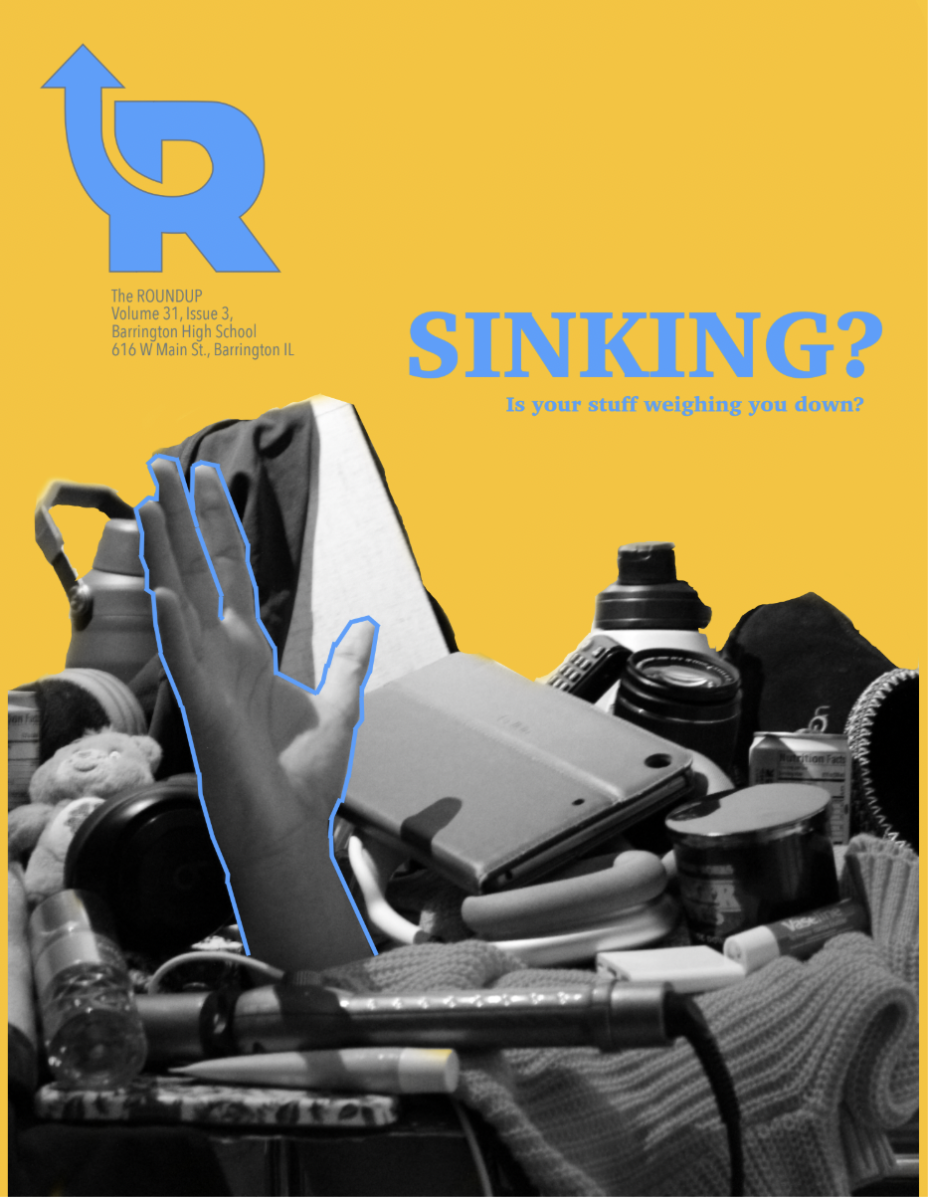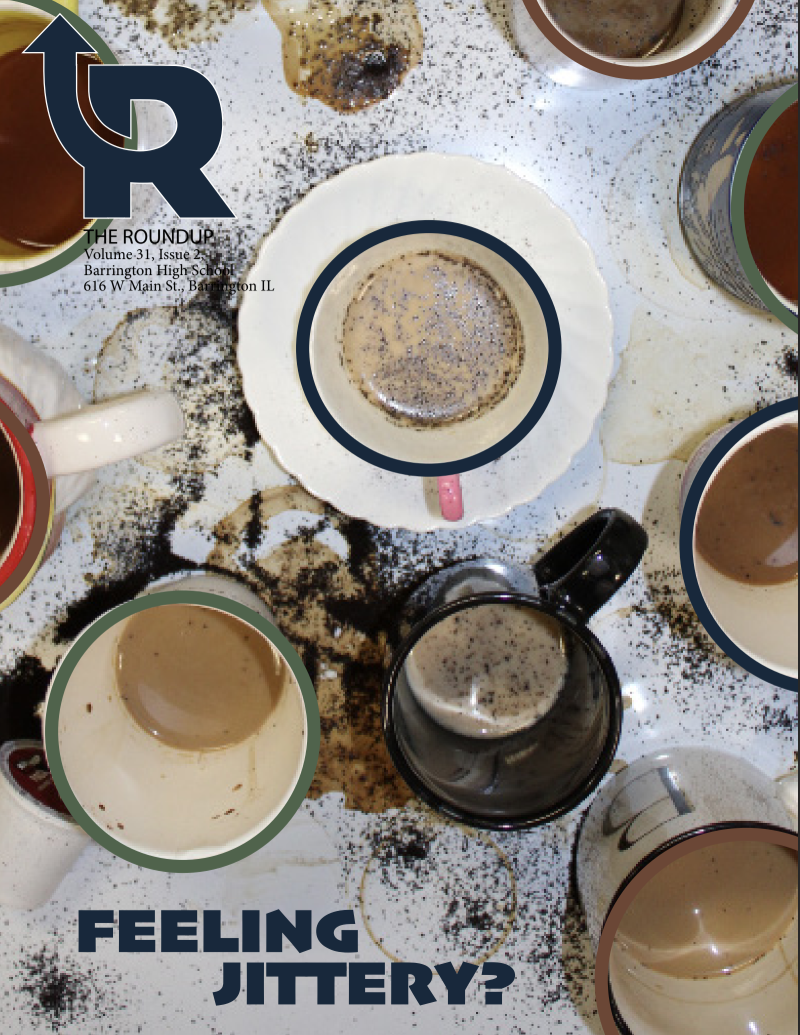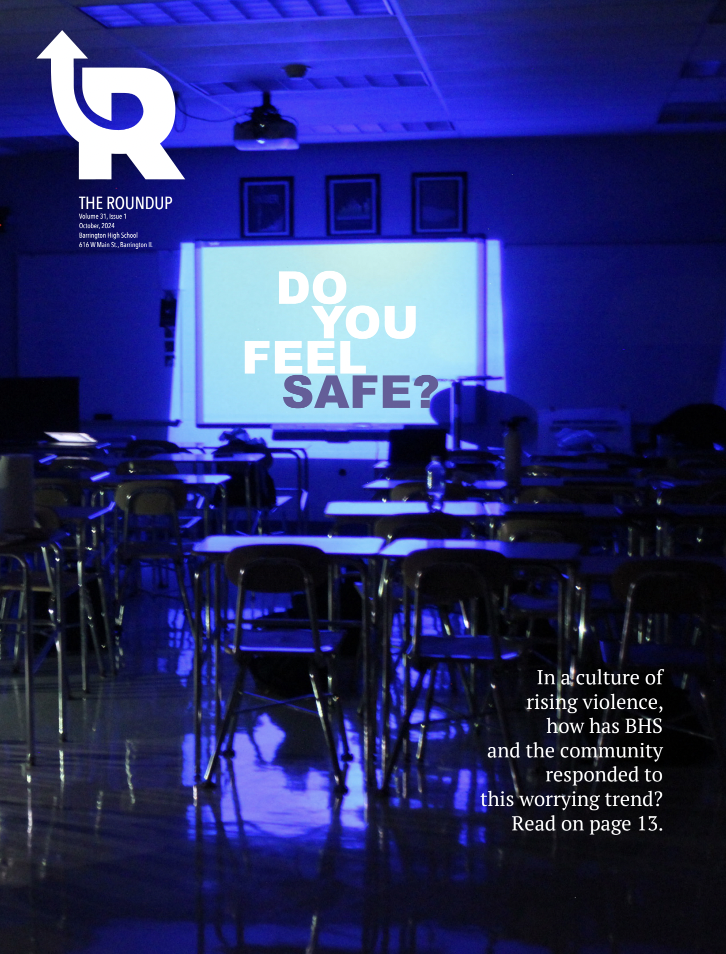Reducing waste 101
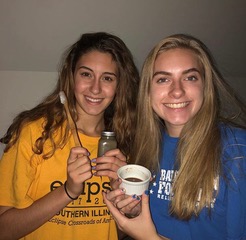
Zero waste expert Nikki Evans shows her finished product, homemade toothpaste, along with her bamboo toothbrush alongside good friend Lizzy Messerschmidt. “Don’t like generic mint toothpaste like my best bud Lizzy? Well then make your own!” Evans wrote.
With global warming becoming more prevalent as the years go on, reducing our carbon footprints and overall waste has become essential. Every time I go to Pepper Park or Cook Street Coffee, I see at least two people using a reusable straw as well as an abundance of people bringing reusable shopping bags in Jewel, Target, and so many other stores. However, I think we, as a society, need to take the dangers of not only our waste disposal but the amount of waste we produce as well, much more seriously. The average American produces 4.4 pounds of trash a day and according to a 2017 study from the United States Environmental Protection Agency, our landfills, forests, and oceans are becoming rapidly engulfed in a sea of trash. For most of us, the majority of our waste is created in the home. This is due to our food, packaging, clothing, and several other household necessities. In the last year or so, I came to the realization that many of the things I found “necessary” can actually come packaging free, or are not actually as necessary as I once found them. I also came across easy ways to eliminate excess waste from my home, which I think is super important to share with others in order to encourage less waste production all around.
One way to not only reduce plastic usage but to better your overall health is to buy more food and produce in little to no packaging. Even though double stuffed Oreos sound amazing to have in the pantry, and in your stomach, they come with a ton of excess packing and they’re not the best for you and your health. Fruits, vegetables, and whole foods typically don’t need packaging, or very little, if any. I’m not asking you to stop buying packaged foods, because, in all reality, our society just doesn’t seem to offer as many realistic package free foods yet. However, I advise some of you environmentalists to slowly cut off some products that are overly packaged. A super easy transition to this is to bring a reusable or paper bag, or no bag at all when shopping.
One of the largest sources of garbage I see around the school, and in my own home, is single-use coffee cups from Starbucks, Dunkin’ Donuts, you name it. Now, I am super guilty of this one, but I am trying to change my ways. Most coffee chains have metal or reusable cups you can purchase in store. While they may be pricey at first, it ends up paying for itself. Starbucks actually takes $.10 if you bring a reusable cup, and Dunkin’ will charge only $.99 for hot or iced coffee with a reusable cup. So not only are you saving the planet, but you’re saving your bank account! Bringing along a reusable straw will also help decrease the waste of plastic as well. Personally, I recommend a steel one as they are easier to clean and more sturdy than paper.
Last but not least, toiletries contribute majorly to trash in the home as well. I have decreased the number of products I purchase and have also recently ventured into purchasing more sustainable products. A wooden toothbrush, which runs around three to four dollars, is an excellent substitute for your standard toothbrush and is biodegradable. It’s even possible to make your own toothpaste and mouthwash. In fact, I recently just met junior Nikki Evans who is completely zero waste. Evans wrote in her blog “No Waste Nikki” about her zero waste dental hygiene routine.
“For toothpaste and mouthwash, I make my own,” Evans said. “You need four simple ingredients: coconut oil, baking soda, peppermint/mint/cinnamon extract, and water. Yes, that’s all you need.”
Having multiple products has also become something I’ve found as unnecessary. One or two kinds of soap are all you really need, instead of constantly purchasing new bottles and containers of products. I also have shrunken my makeup collection down significantly. I gave away all the products I didn’t need and really keep around six to ten products, rather than thirty to forty. Coconut oil, which typically comes in glass jars, can replace your basic lotions. It also can be used as a conditioner, mouth wash (if you practice oil-pulling), makeup remover, and can be used for cooking. Deodorants now come in sustainable packaging or no packaging at all. LUSH and farmer’s markets are excellent places to shop for more sustainable toiletries and cosmetics.
I’m not asking you to drop all your conventional ways and go full ecologist, but I do think it’s important to encourage a sustainable lifestyle, as well as reducing waste, reusing containers and products, and recycling.
Your donation will support the student journalists at Barrington High School! Your contribution will allow us to produce our publication and cover our annual website hosting costs.

